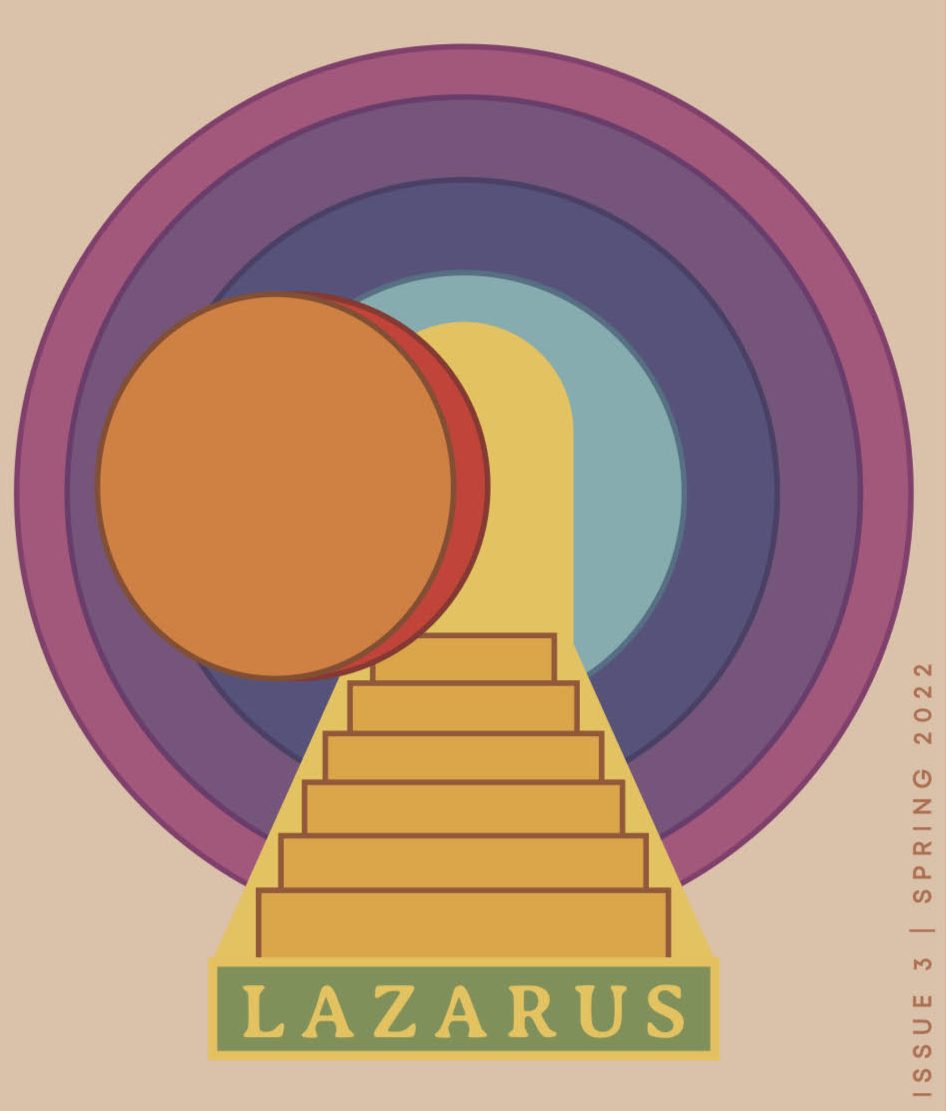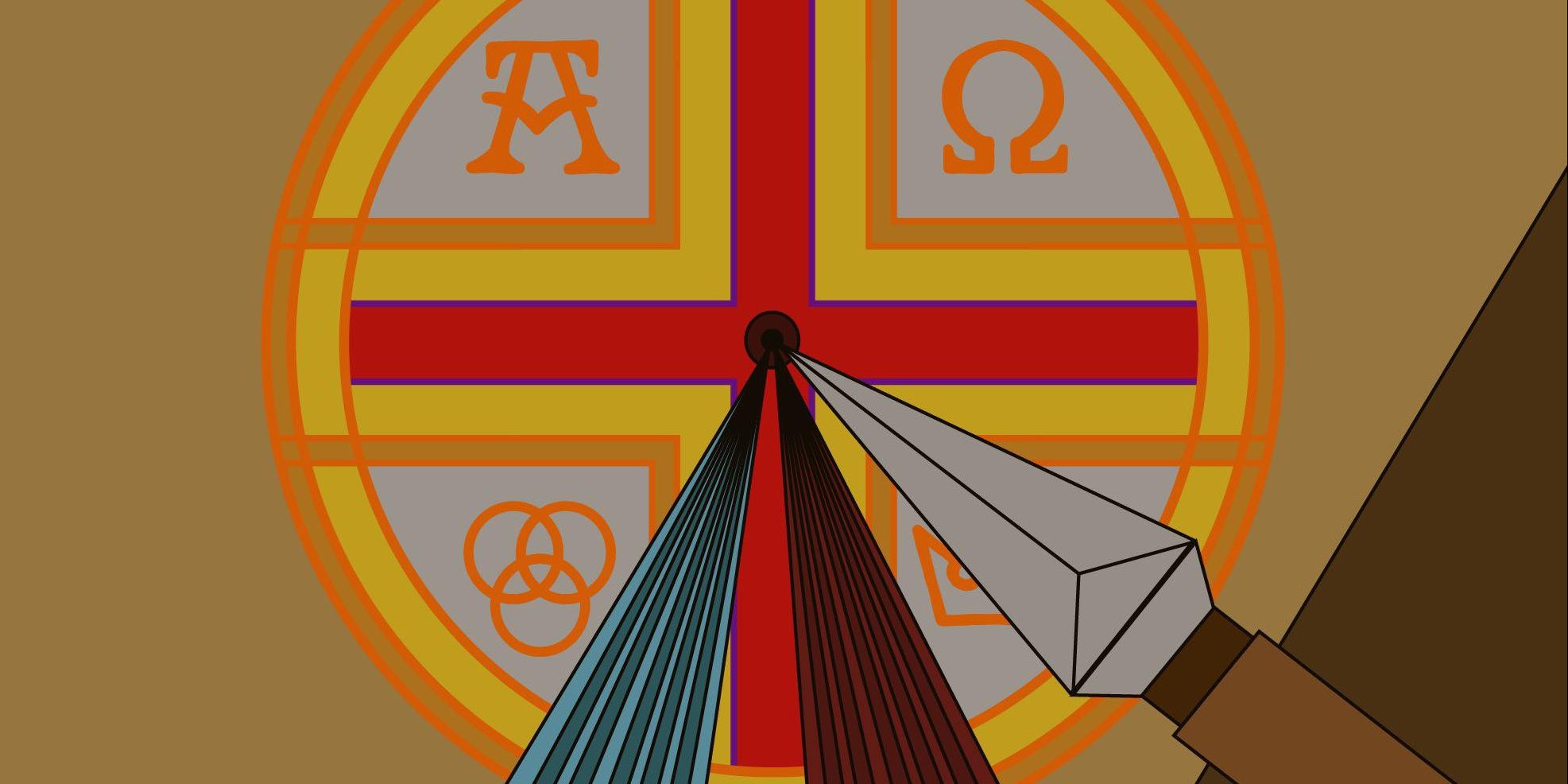 Robert P. George is McCormick Professor of Jurisprudence and Director of the James Madison Program in American Ideals and Institutions at Princeton University. He is also frequently a Visiting Professor at Harvard Law School. In addition to his academic service, Professor George has served as Chairman of the U.S. Commission on International Religious Freedom. He has also served on the President’s Council on Bioethics, as a presidential appointee to the United States Commission on Civil Rights, and as the U.S. member of UNESCO’s World Commission on the Ethics of Science and Technology. He is a former Judicial Fellow at the Supreme Court of the United States, where he received the Justice Tom C. Clark Award.
Robert P. George is McCormick Professor of Jurisprudence and Director of the James Madison Program in American Ideals and Institutions at Princeton University. He is also frequently a Visiting Professor at Harvard Law School. In addition to his academic service, Professor George has served as Chairman of the U.S. Commission on International Religious Freedom. He has also served on the President’s Council on Bioethics, as a presidential appointee to the United States Commission on Civil Rights, and as the U.S. member of UNESCO’s World Commission on the Ethics of Science and Technology. He is a former Judicial Fellow at the Supreme Court of the United States, where he received the Justice Tom C. Clark Award.
Q: How did you come to the work you do right now?
When I graduated, I took an introductory survey course in political theory and among the readings, we were assigned Plato’s dialogue Gorgias. In that dialogue, Plato gets the reader to reflect on the whole point of argument, the whole point of discussion, what philosophers call dialectic. The dialogue persuaded me of the intrinsic value of truth and therefore, the idea that truth and knowledge of the truth is not simply instrumentally valuable, that is as means to some other end. Rather it is intrinsically valuable and worthwhile for our flourishing. That fundamentally transformed my outlook on life. It made me a knowledge seeker and a truth seeker in a way I had not really been before. Although I didn’t know it at the time, it put me on the path to understanding my vocation as a truth seeker, a teacher, and someone who was interested in and devoted to searching for the truth, preserving the truth, and transmitting truth to others. So that was the experience early in my life that set me on the path to where I am today. I have no doubt that in the back of all that was my own Christian faith. Even before I encountered Plato, I have been brought up with the Christian faith and was a devoted Christian, but what the experience of reading Plato taught me is a deeper understanding of what it means to search for the truth. A deeper understanding of what the truth is, and why it is valuable. I combined that with the conviction that the fundamental truth is in the person of Jesus Christ. Jesus is what he says he is. He is the way, the truth, and the life. This truth has a really transformative effect on the life of the Christian believer.
Q: In your vocation as a professor and legal scholar, how do you believe your Christian faith intersects with your career?
The key thing is that it reinforces for me a belief in the importance of truth seeking. The Christian is fundamentally concerned with understanding reality as it is, not being deceived, not favoring what we would like to be true over what is actually true. A scholar has to be a person dedicated to the truth and I think my Christian faith is at the foundation of my dedication to the truth.
Q: Can you recall times in your career where your faith has hindered your ability to operate in your career?
Well, of course there is a great deal of hostility to Christianity, at least serious Christianity in the elite sector of our culture. This sector is really dominated by secular progressivism. So anyone who is an open and devout believer is going to run into prejudice and obstacles. So yes, I run into that prejudice, lack of open mindedness, and unwillingness to consider claims on their merits, but I’ve never let it hold me, nor has it held me, back. I push ahead and try to do my work as a scholar and a teacher, firmly in the conviction that the truth is liberating and if we open ourselves up to the truth, all will be well.
Q: How does your life of faith set you apart as you teach students or write papers?
I always try very hard to practice what I preach on this and all my convictions. I firmly believe that education is not and must never degenerate into indoctrination. It is not my job as a teacher to tell students what to think. My job is to teach them how to think deeply, clearly, and critically for themselves. I have no doubt that, like all of my moral convictions, this one is built on my Christian beliefs. Although, one needn’t be a Christian in order to have this conviction. Still I am a Christian and it’s that Christian faith that is at the foundation of my convictions. Any real teacher will avoid indoctrination at all costs and will genuinely teach students to be all truth seekers, teaching them to think for themselves. Now, I believe that the Christian message, including moral teachings, is luminous and powerful, so I certainly believe that message is going to have a tremendous amount of appeal if it is presented fairly to anyone, including students. But again, I present all views fairly. I don’t privilege the Christian view in my teaching, although I am a Christian and my students might know full well that I am. I try to present competing views, their competing arguments, and let my students decide for themselves.
Q: What is your perspective on the role of faith in a person’s vocation in general?
First, as a Christian, I believe that everyone has a vocation. That is, God has a plan for everyone and that it is our task to discern God’s plan for ourselves. Now in doing that, we use reason, assessing the talents God has given us, and the strengths that we all have. We also try to be realistic about our own limitations and weaknesses. I’m pretty sure that I don’t have a vocation to be a basketball star because God has not blessed me with the talent to make jump shots. So I assess, as would anyone would assess, my talents and use my intellect for that. However, the discernment of your particular vocation, what God is calling you to do not just professionally, but more comprehensively, is a process that not only requires intellect, but also prayer, meditation, scriptural study, engaging the word of God, and liturgy. I believe that all of these spiritual practices, together with our rational inquiry, are part of the project of discerning one’s vocation. For example, what God is calling one to be could includes one’s life as a possible spouse—is God calling me to marry? Is God calling me to family life? Is God calling me to the celibate priesthood as a sister or a nun? This line of questioning also applies when it comes to work. What is God calling me to do with what he has given me? What are the opportunities he has given me? I could do many different things, but what’s the one God has in mind for me? So I think we have to draw on all our spiritual and intellectual resources to find the truth about what we’re being called to. Not all of us are called to be scholars, that’s for sure. Some of us are called to be healers, some of us are called to be scholars working in the cause of justice. Now that doesn’t mean any of us can and should be absolutely single-minded and suppose the only good we’re going to do in the world is at the center of our particular professional lines. Even though I’m called to be a scholar and to the life of truth seeking, I’m also called to do justice. I’m also called to reach out in compassionate care for those who are in need. We’re all called to serve a vast range of human needs. We should be good citizens, whether we are scholars or doctors or insurance salesmen or car salesmen or priests. We are all called to be good citizens, good neighbors, and honest participants in the economy. Our lives are complex and can’t just be satisfied to be good at the professional life—there’s more to it than that.
Q: Speaking as a college student, there are too many options laid out before me, vocationally, to choose from. I can become a bit anxious. How is the truth that God has a specific plan for my life good news?
If we don’t have a belief in personal vocation of what God is calling us to do, then the likely alternatives is that we would fall into the trap of thinking that we should choose, from the wide range of choices of what we could do with our lives, what we desire the most. All we can do is assess our desires. All we can do is try to figure out what we want more than others. It’s hopeless, it’s fruitless, and it’s frustrating. We need to be thinking not about what we desire, assessing what is the stronger desire between doing this and doing that. Instead, we should be focused on the question, what should we be desiring? We shouldn’t be the slaves of desire. We should be the master of desire. We should be masters of ourselves. Self-mastery is the whole project of human life. It’s putting faith and reason in the leadership position and putting desire in a secondary role so we’re not just pushed around by our desires or our feelings or emotions. Rather we’re deciding on the basis of faith and reason what we should want, shaping our own lives.
Q: How do you communicate that to students who look to their feelings to figure out their direction in life?
I try to adopt a self-critical perspective. First, they have to realize what they are doing in life. Then they need to ask themselves if this is a good thing to do or if it is going to be a dead end. I think they’ll see pretty quickly, once they get some critical perspective on the situation, that trying to figure out what to do on the basis of an assessment of one’s desires is like a dead-end street. It’s like turning down an alley trying to get somewhere and finding it’s blocked on the other side and you need to back out and find another way. So it is the same way in getting students to be self-critical. Let reason do the preparatory work in clearing the ground in preparing it for faith.
Q: What do you say to the Christian who comes up against a roadblock in their professional vocation or in their relationships?
Remember that the believer does not exist apart from the Church. We are not on our own. We are part of the Body of Christ and the resources of the Church are there whenever we hit obstacles. Moreover, we shouldn’t wait for those obstacles to finally avail ourselves of the resources of the Church. We should look for spiritual direction from our pastors and from those who are in ministry serving the Church in that way. Go to prayer, meditate, attend liturgy, avail yourself of all the resources that the church makes available to us to meet the challenges and obstacles that every Christian is going to face in life. The Church is not just incidental or optional. The individual believer exists only as part of the church. We have to remember that.
Q: Your perspective seems countercultural to the view of America as a society of individuals detached from everyone else.
Christianity is a deeply radical faith. It’s been deeply radical since Jesus began his public ministry at 30 years old. It’s been deeply radical ever since the scandal of the crucifixion of the Son of the living God. It’s been a deeply radical faith ever since the earliest disciples of Jesus almost took on the Roman world.
Q: How do you maintain that radicalness in the midst of the ordinary rhythms of life?
Yeah I believe that’s pretty easy because we’re living in a society that has largely abandoned Christianity. It’s easy to understand the radical nature of Christianity. We do it when we think about Christianity’s commitment to the profound dignity of each and every member of the human family—that’s countercultural today. We stand up for the innocent child in the womb, that’s radical today. When we stand up for marriage as the conjugal union of a man and a woman, that’s radical today. Our problem is not appreciating the radical claims of the Christian faith. Our problem is living up to it.




0 Comments